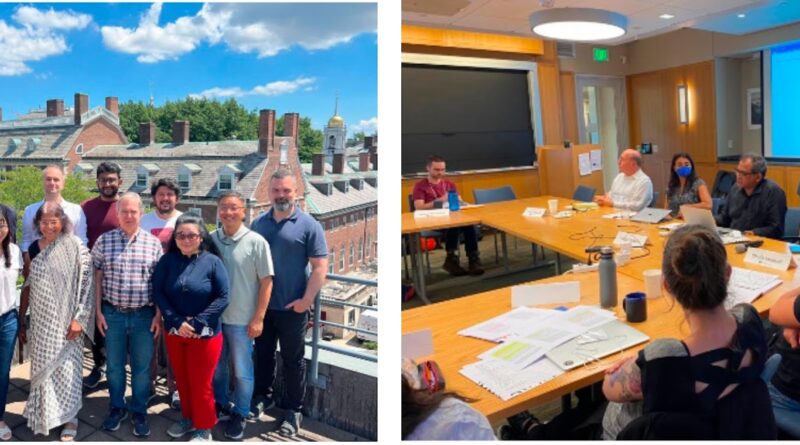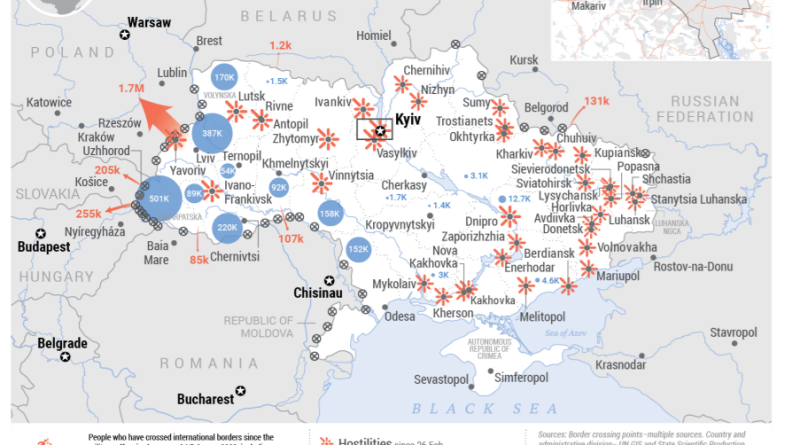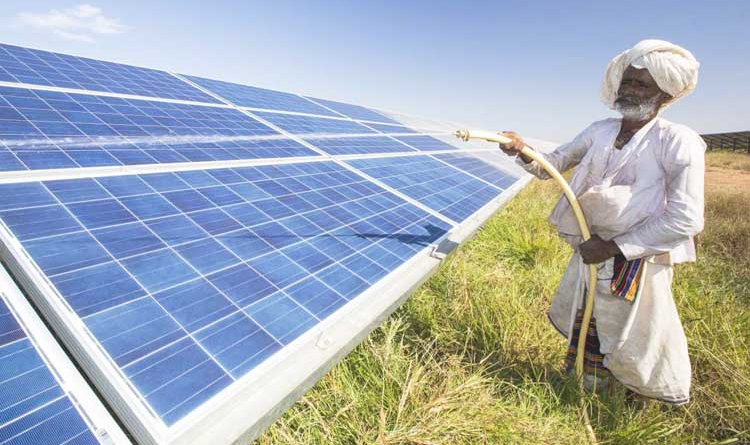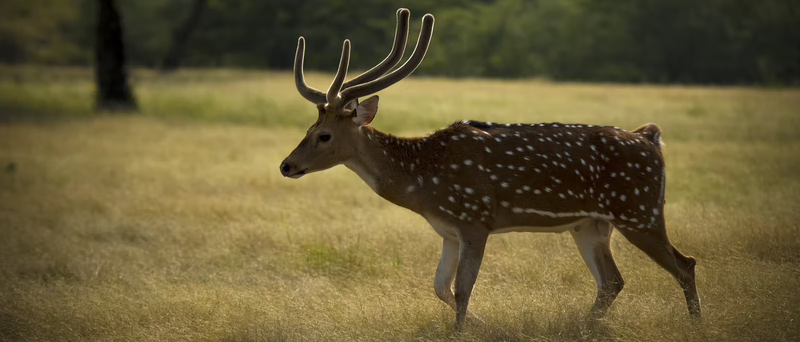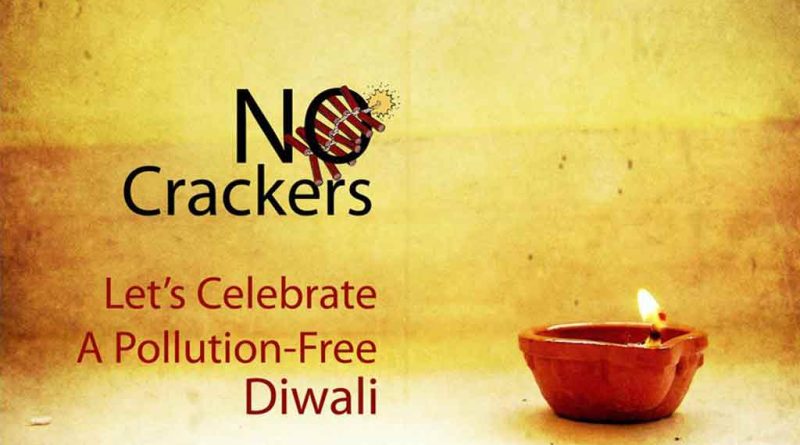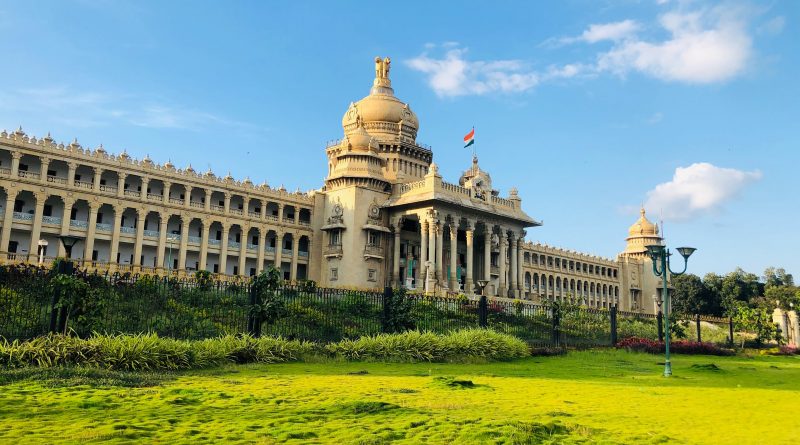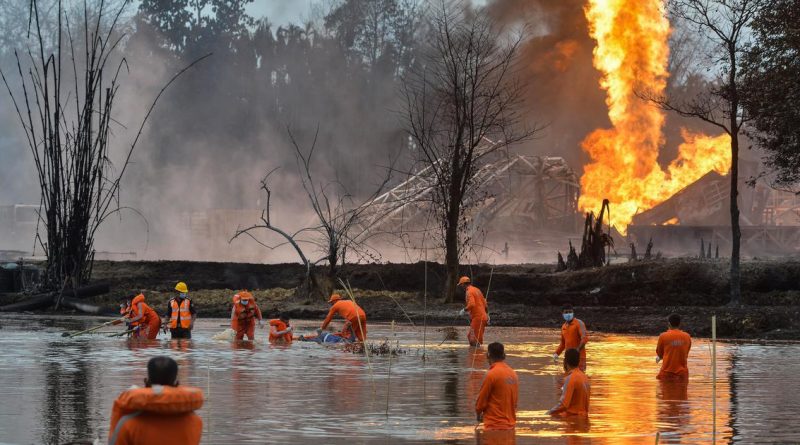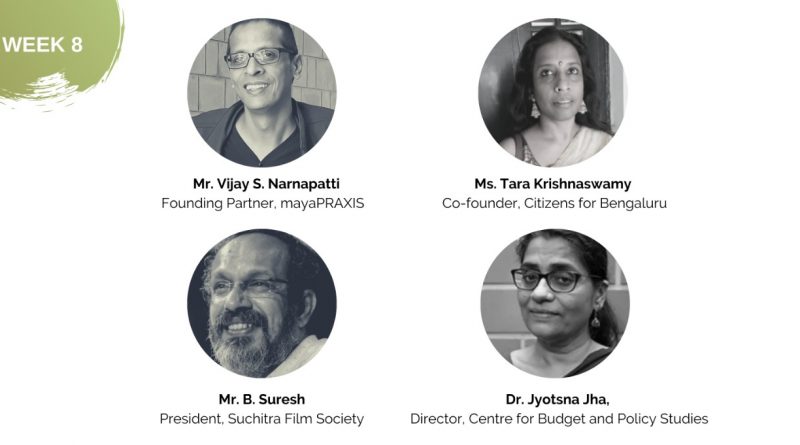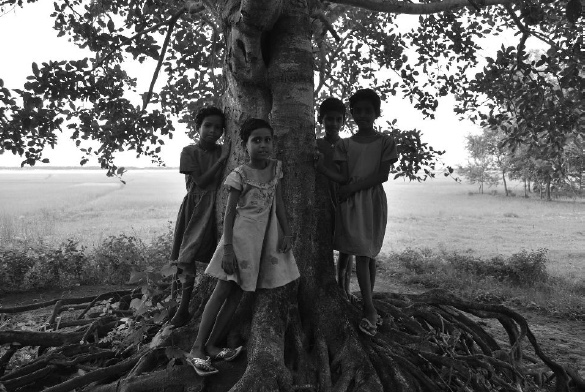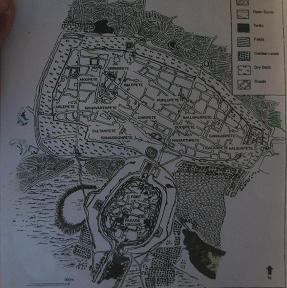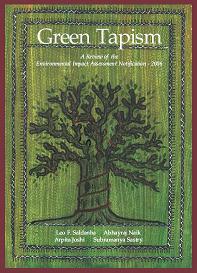EJ Matters Vol 3. Issue 10
The @CompCoRe_STS project organised the first (semi-)in person meeting at @HarvardSTS . Leo Saldanha and Bhargavi Rao of ESG are part of this network and writing the India paper as part of a 50 country study on how COVID was managed, an international research effort led by Prof. Sheila Jananoff of Harvard Kennedy School and Prof. Stephen Hiltgartner of Cornell University.
Read More

